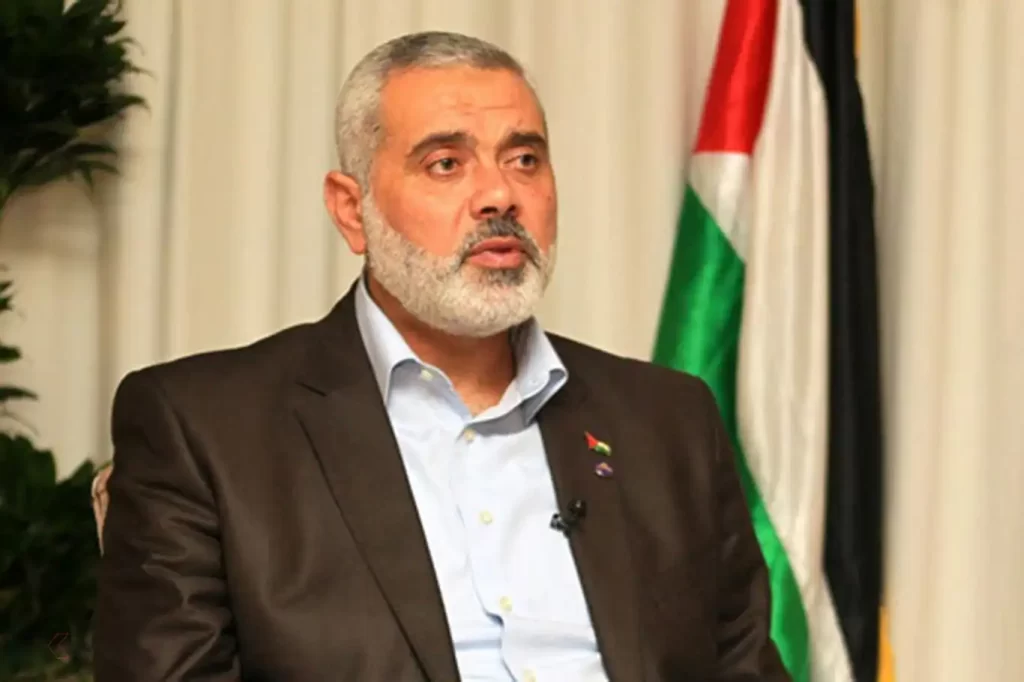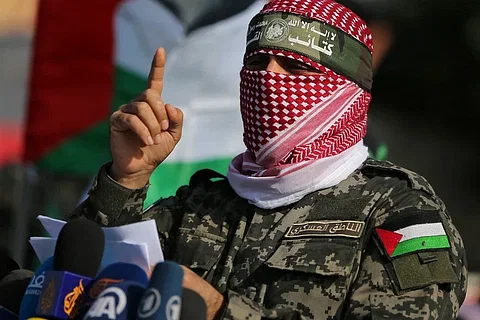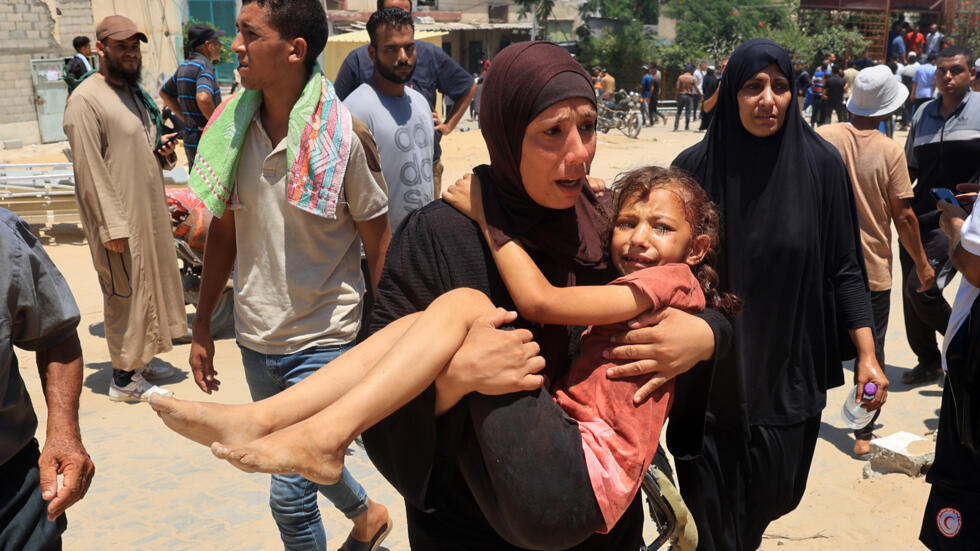Gaza City, Gaza, July 2024 – Amid escalating tensions and deadly violence, a senior Hamas official asserted on Sunday that the Islamist group has not withdrawn from ceasefire negotiations with Israel. This statement came after a devastating weekend of Israeli airstrikes in Gaza, which targeted the group’s military leader, Mohammed Deif, resulting in significant casualties.

Israeli Airstrikes and Their Impact
The Israeli Defense Forces (IDF) conducted intensive airstrikes in the Khan Younis area of Gaza on Saturday. These strikes were reportedly aimed at eliminating high-ranking Hamas leaders, including Deif. According to local health authorities, the attacks resulted in the deaths of at least 90 Palestinians and injured hundreds more. The magnitude of the destruction has put the ongoing ceasefire discussions in jeopardy, raising concerns about the future of peace efforts in the region.
Izat El-Reshiq, a member of Hamas’ political office, accused Israel of attempting to sabotage the efforts led by Arab mediators and the United States to broker a ceasefire deal. “These aggressive actions by Israel are clearly intended to undermine the peace process and derail negotiations,” El-Reshiq stated. He emphasized that Hamas remains committed to the dialogue despite these provocations.

Hopeful Signs and Sudden Halts
In the days leading up to the attack, there were hopeful signs that a ceasefire agreement might be within reach. Negotiations in Doha and Cairo had shown progress, with discussions focused on halting the fighting and securing the release of hostages held in Gaza. However, the Israeli airstrikes have cast a shadow over these talks.
Two Egyptian security sources reported that the negotiations were abruptly paused on Saturday following the intense airstrikes. The halt came after three days of rigorous discussions, which had raised hopes of a breakthrough. Israeli Prime Minister Benjamin Netanyahu was expected to convene an emergency meeting with his close circle of ministers on Sunday to reassess the situation and discuss the future of the ceasefire talks.

Conflicting Reports on Mohammed Deif
The Israeli military confirmed that the airstrikes targeted Mohammed Deif, a key figure in Hamas’ military operations. Additionally, Rafa Salama, commander of Hamas’ Khan Younis brigade, was confirmed killed in the strike. However, there remains uncertainty about Deif’s fate.
“The strike in Khan Younis was a result of precise intelligence,” stated the head of the Shin Bet domestic security service in a video released by the agency. He claimed that several Hamas operatives involved in the deadly October 7 attacks in southern Israel, which sparked the current conflict, had been killed in the past week.
In contrast, Hamas official Mushir al-Masri vehemently denied reports of Deif’s death, accusing Israel of using the narrative as a pretext for their continued aggression. “This is merely an excuse to justify their brutal actions against our people,” al-Masri said in a televised statement.
Continued Commitment to Ceasefire Talks
Despite the deadly airstrikes and the resulting pause in negotiations, Hamas leaders have reiterated their commitment to the ceasefire talks. In a televised address on Sunday, Hamas’ military chief stated that the group remains open to dialogue, although he did not confirm whether Deif had survived the latest attack. “We are still willing to engage in talks to achieve peace and stability for our people,” he said, underscoring the group’s stance on continuing negotiations.
International Reactions and Future Prospects
The international community has expressed concern over the escalating violence and its potential to derail the ceasefire process. Global leaders have called for restraint from both sides and urged a return to the negotiating table to prevent further bloodshed.
As the situation remains volatile, the future of the ceasefire talks hangs in the balance. The recent developments highlight the fragility of the peace efforts and the urgent need for a sustainable resolution to the conflict.
Source: Reuters.com



